Emulsifiers are a fascinating group of substances that have a unique ability to mix together two immiscible liquids. They are used in various industries, including food, personal care, pharmaceutical, and industrial applications. In this article, we will delve into the various components which allow emulsifiers to work, their different types, their benefits, and their applications. Read More…
As a world leader in industrial mixer manufacturing, KADY International offers high-performance industrial mixing machinery including top and bottom entry batch mixers, high shear mixers and chemical mixers.
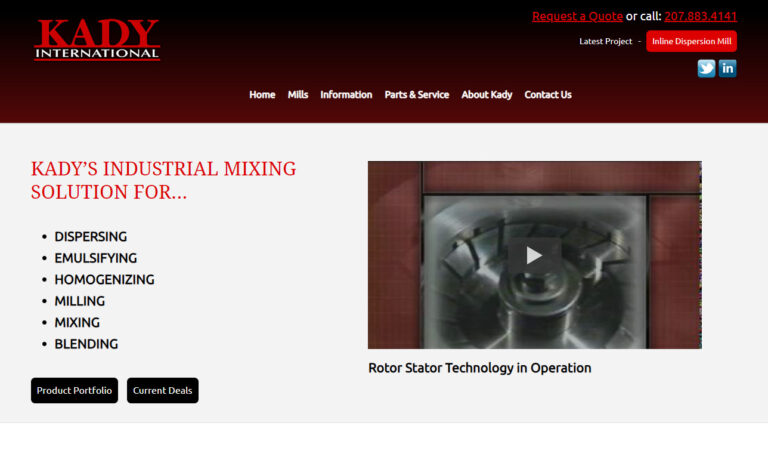
Frain Industries is the world’s largest provider of high quality processing machinery! We offer a wide variety of mixers based on the product and volume our customers require.
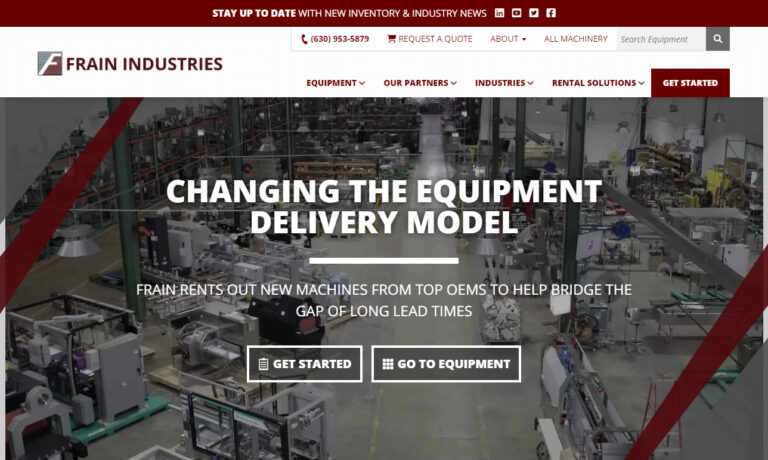
Ross manufactures the world’s broadest line of High Shear Mixers – from traditional High Speed Dispersers and single-stage Rotor/Stator Mixers to new generation ultra- high shear patented mixing technologies. Our high performance rotor/stator mixers, also commonly called emulsifiers, are available in sizes from benchtop through full-scale production, in batch and in-line configurations,...
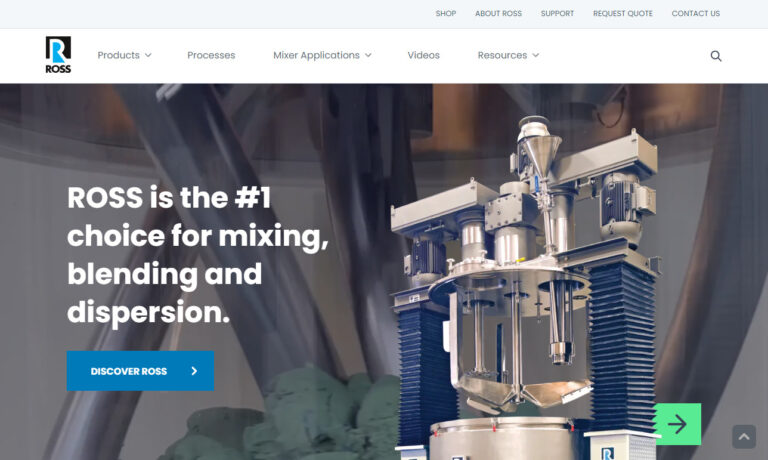
Admix, Inc. manufactures stainless steel mixing technologies & assists with tough mixing issues for a variety of markets. Choose from products such as basic mixers, Rotomaxx™ high torque mixers, BenchMix™ programmable lab mixers and more.
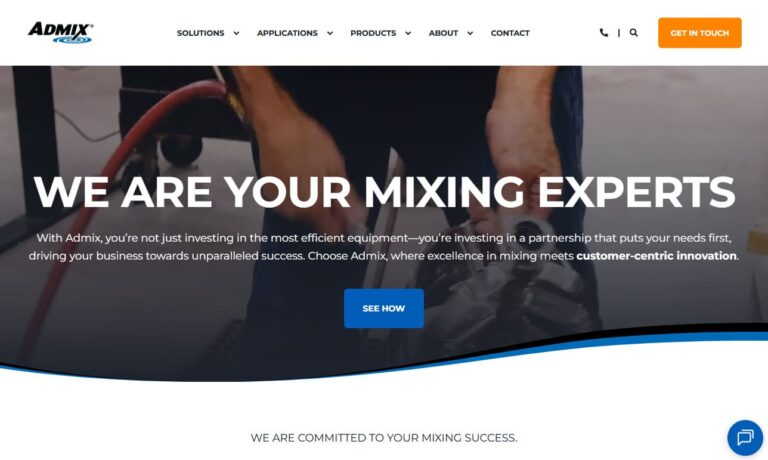
PerMix has been manufacturing mixing and blending equipment since 1954 for the pharmaceutical, nutraceutical, cosmeceutical, food, and chemical industry. PerMix leads the industry in innovative, performance driven, Value Added Engineering mixing solutions of all types for all industries. With over 28 types of mixers, we lead the industry in mixing solutions when it comes to mixing powders,...
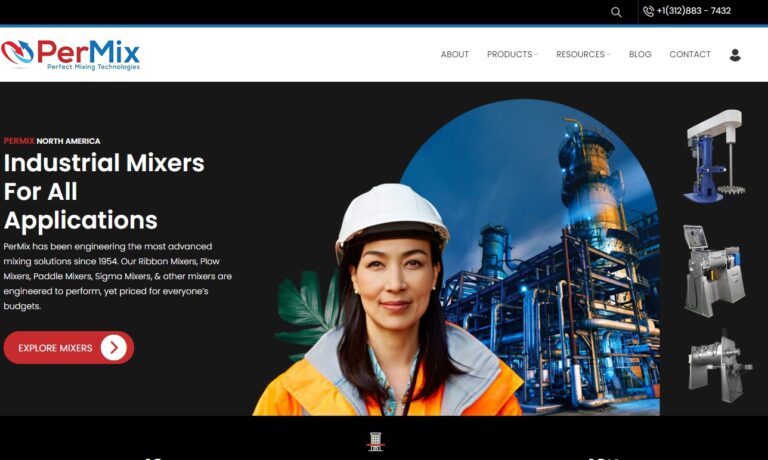
At Akona Process Solutions, we dedicate ourselves to designing and building mixers that deliver consistent performance and long-lasting value. We understand that reliable mixing technology is the foundation of countless operations, so we engineer our mixers with precision, durability, and adaptability in mind.

Our high-performance mixers ensure efficient and consistent material blending across a wide range of industries. Designed to handle everything from fine powders to coarse aggregates, with or without liquid addition, they deliver uniformity and precision in every batch. With innovative engineering, optimized flow patterns, and reduced energy consumption, they enhance productivity while minimizing...

Are you searching for industrial mixers? Your search is done and we supply the best quality industrial mixers on the market. We take pride in our manufacturing but also in our customer service. We are more than just a supplier; we desire a long lasting business relationship which results in years of customer satisfaction. Your experience is important to us. For all of your mixing needs visit our...

At ARDE Barinco, our goal is to help our clients mix, disperse, deagglomerate, grind and compound their high quality products in the shortest amount of time with the lowest operating and capital cost. Complete, up to date pricing for all standard mixers and spare parts is shown on our website.
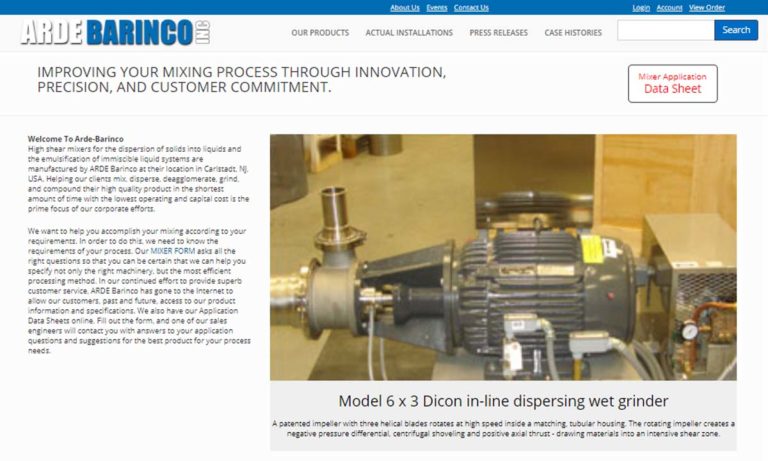
More Emulsifier Manufacturers
Components of Emulsifiers
Emulsifiers consist of hydrophilic and lipophilic components, which work together to create a stable mixture of two liquids that would otherwise separate. The hydrophilic component contains polar groups such as carboxylic acids, sulfonic acids, and phosphoric acids, while the lipophilic component contains nonpolar groups such as long-chain hydrocarbons. Polar groups are regions of a molecule with an unequal distribution of electrons, while nonpolar groups have an equal distribution of electrons.
Variations in Emulsifiers
Emulsifiers can be classified into four main types: ionic, nonionic, silicone, and polymeric. Each type of emulsifier has its unique properties and characteristics that make it suitable for specific applications. Each type is discussed in greater detail below:
Ionic Emulsifiers
Ionic emulsifiers are categorized into two groups: anionic and cationic. Anionic emulsifiers are negatively charged and are typically used in alkaline conditions, while cationic emulsifiers are positively charged and are often used in acidic conditions. Examples of ionic emulsifiers include sodium lauryl sulfate, benzalkonium chloride, and sodium stearoyl lactylate.
Nonionic Emulsifiers
Nonionic emulsifiers have no charge and are versatile enough to work in a wide range of pH and temperature conditions. They are often used in cosmetic and personal care products, such as lotions and creams, as well as food products, such as mayonnaise and salad dressings. Examples of nonionic emulsifiers include polyethylene glycol, sorbitan oleate, and polysorbate 20.
Silicone Emulsifiers
Silicone emulsifiers are often used in personal care products, such as shampoos, conditioners, and lotions. They are known for their ability to provide a silky, smooth texture and help with detangling hair. Examples of silicone emulsifiers include dimethicone copolyol and cetyl dimethicone.
Polymeric Emulsifiers
Polymeric emulsifiers are composed of long-chain molecules and are often used in industrial applications, such as inks and coatings. They can provide improved stability and viscosity control. Examples of polymeric emulsifiers include polyvinyl alcohol and polyvinylpyrrolidone.
Considerations Regarding Emulsifiers
While emulsifiers have many benefits, there are also concerns about their safety and effectiveness. Some emulsifiers are synthetic and may cause health concerns, and they can interfere with the absorption of nutrients in the digestive system.
Advantages of Emulsifiers
Despite their drawbacks, emulsifiers offer many benefits. They can improve the texture, stability, and appearance of food products, making them more appealing to consumers. Emulsifiers can also enhance the effectiveness of personal care products and improve the bioavailability of some pharmaceuticals.
Applications of Emulsifiers
Emulsifiers are widely used in various industries, including:
Food Industry
Emulsifiers are used extensively in the food industry to create a wide range of products with desirable textures, consistency, and stability. They are commonly used in products such as mayonnaise, margarine, ice cream, whipped cream, salad dressings, and sauces. Emulsifiers help to stabilize the mixture and prevent separation of the oil and water components, resulting in a smooth and creamy texture. They also improve the mouthfeel and extend the shelf life of the product.
Personal Care Industry
Emulsifiers are used in many personal care products, including lotions, creams, shampoos, and conditioners. In these products, emulsifiers help to stabilize the mixture of oil and water-based ingredients, creating a smooth and homogeneous texture. They also improve the absorption of the product into the skin or hair and can enhance the moisturizing properties of the formulation.
Pharmaceutical Industry
Emulsifiers are used in various pharmaceutical formulations such as creams, ointments, and liquid medicines. They help to improve the solubility and bioavailability of the active ingredient, making it easier for the body to absorb. Emulsifiers can also improve the stability and shelf life of the formulation.
Industrial Applications
Emulsifiers are used in various industrial applications, including lubricants, cutting fluids, and coatings. In lubricants, emulsifiers help to mix the oil and water components, resulting in a stable and homogeneous mixture that reduces friction and improves lubrication. In cutting fluids, emulsifiers help to improve the cooling and lubrication properties, resulting in better cutting performance. In coatings, emulsifiers help to stabilize the mixture of the pigment and binder, resulting in a uniform and stable color and texture.
Agricultural Applications
Emulsifiers are also used in various agricultural applications. For example, they are used in pesticide formulations to improve the effectiveness and distribution of the active ingredient. Emulsifiers can help to create a stable and homogeneous mixture of the pesticide and water, resulting in better coverage and penetration of the plant surface. Emulsifiers are also used in animal feed to improve the digestibility of the nutrients and enhance the growth and health of the animals.
Oil and Gas Industry
Emulsifiers are used in the oil and gas industry to create stable emulsions of oil and water, which are commonly found in oil production and drilling operations. Emulsifiers help to prevent the separation of oil and water, allowing for easier processing and transportation of the oil. They can also help to reduce the amount of water needed in the production process, resulting in lower costs and environmental impact.
Choosing the Right Emulsifier Supplier
To ensure you have the most beneficial outcome when purchasing an emulsifier from an emulsifier supplier, it is important to compare several companies using our directory of emulsifier suppliers. Each emulsifier supplier has a business profile page highlighting their areas of experience and capabilities, along with a contact form to directly communicate with the supplier for more information or request a quote. Review each emulsifier business website using our proprietary website previewer to quickly learn what each company specializes in. Then, use our simple RFQ form to contact multiple emulsifier companies with the same form.




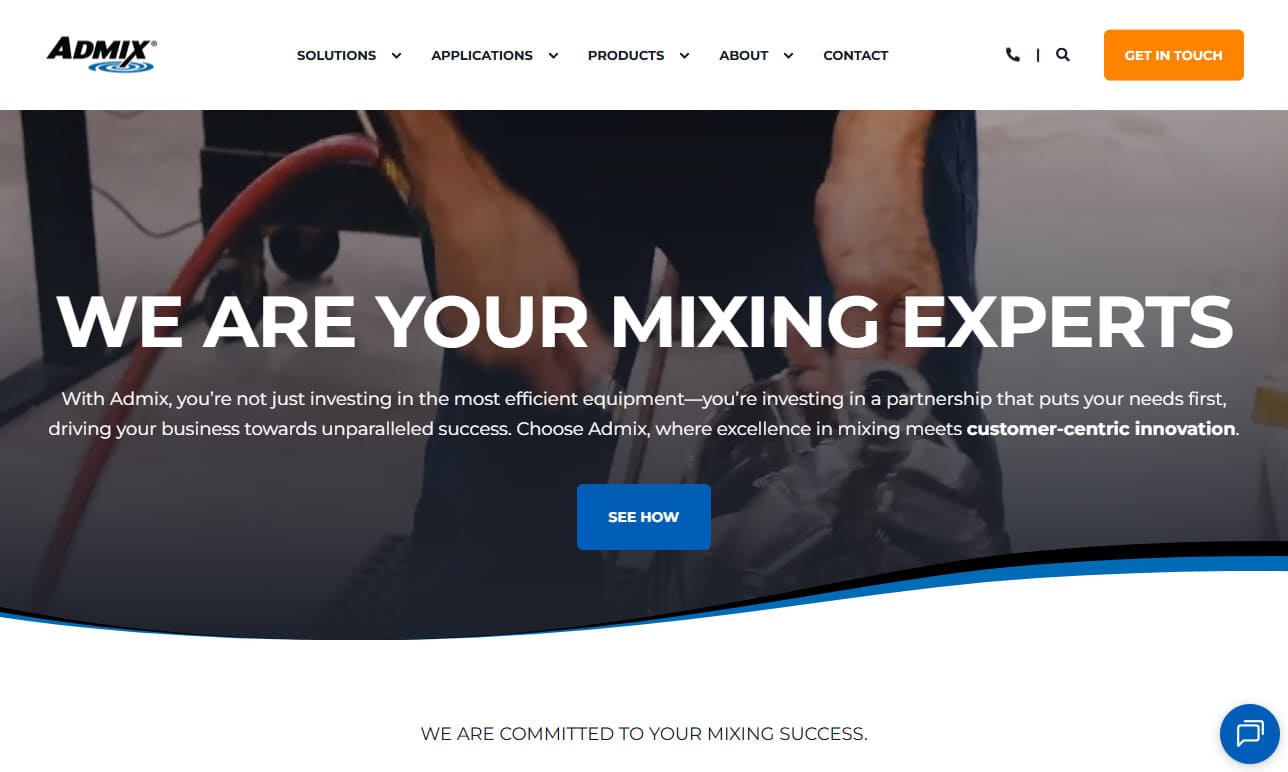
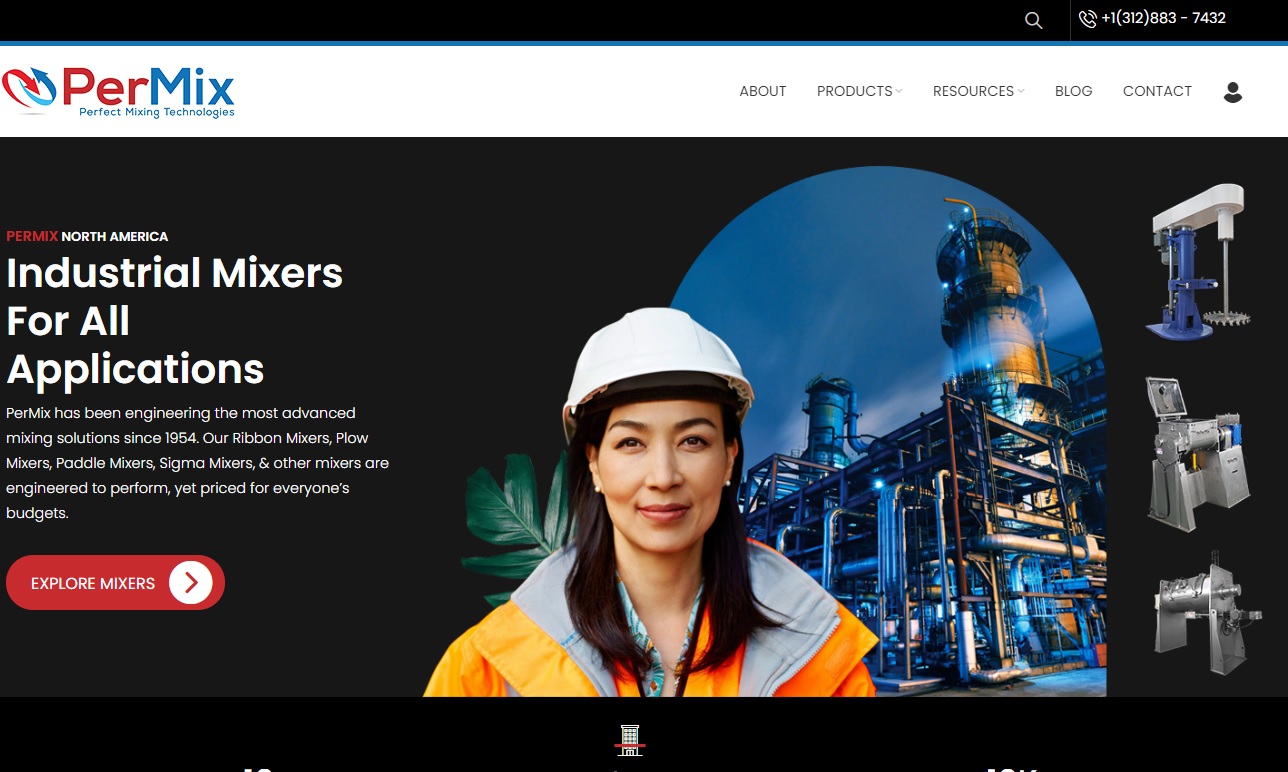
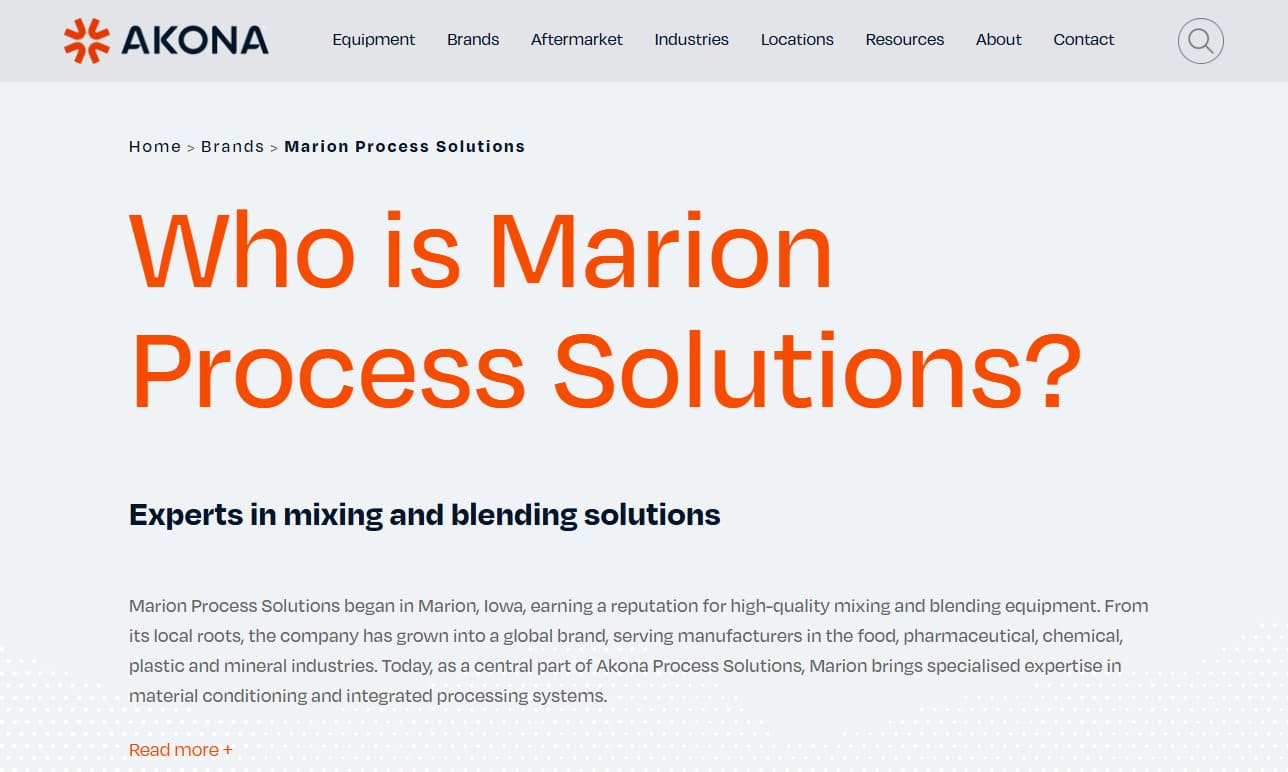
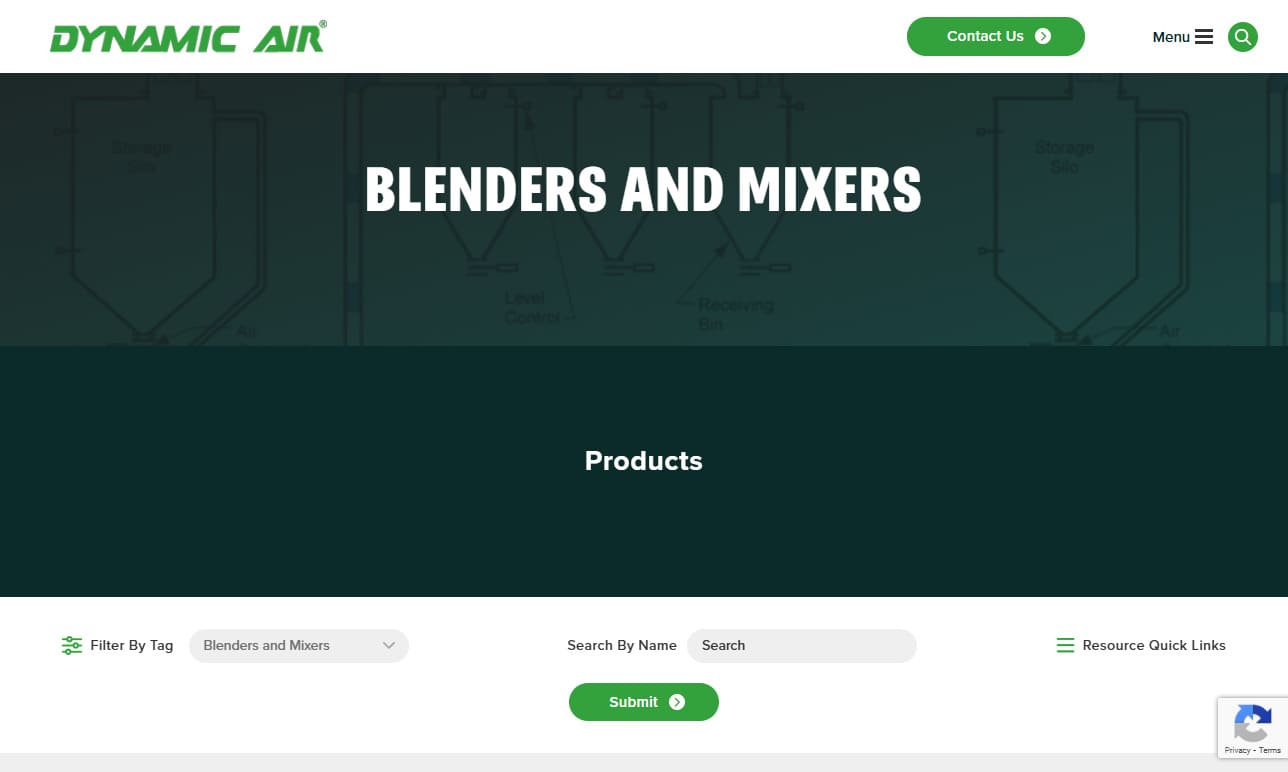


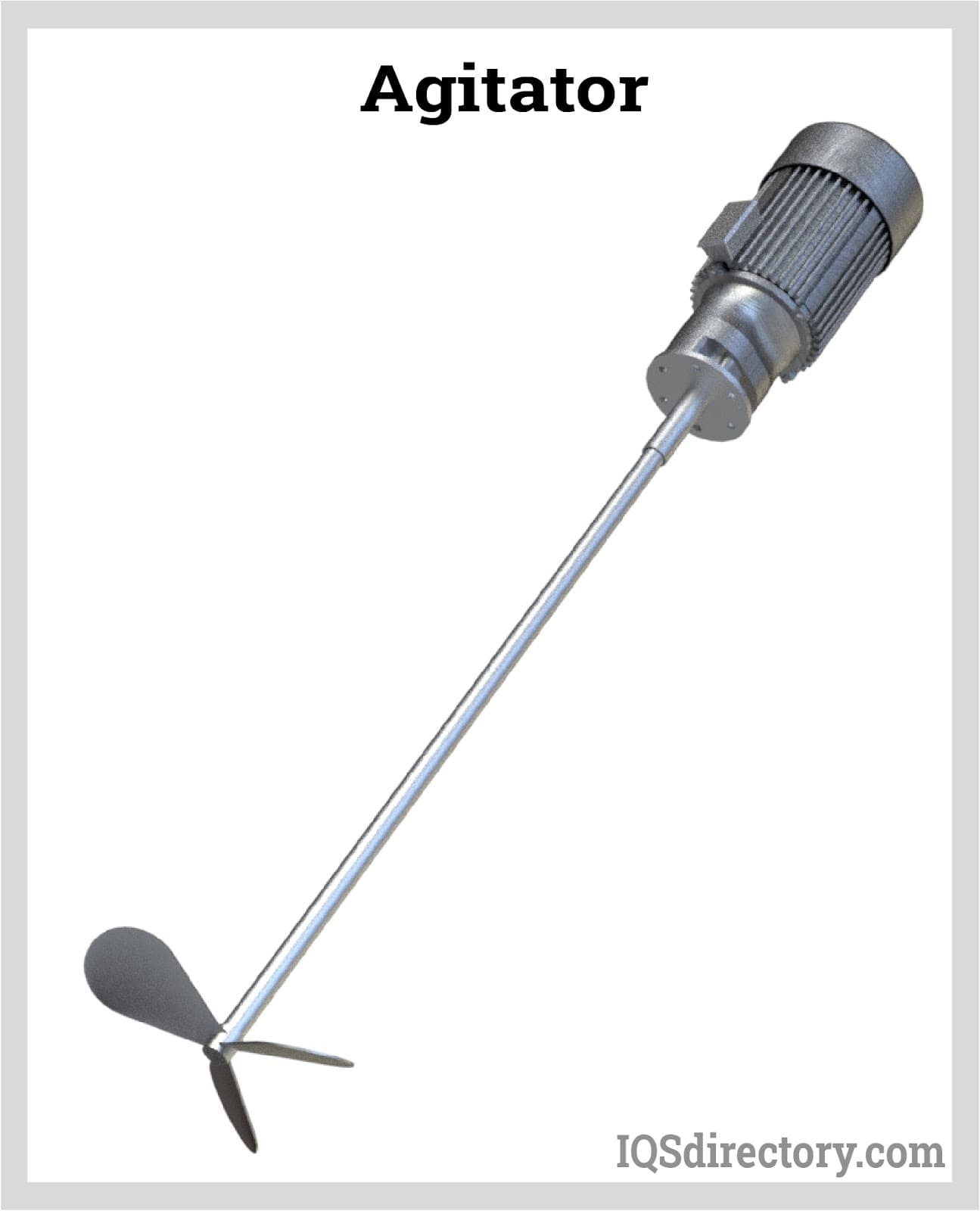
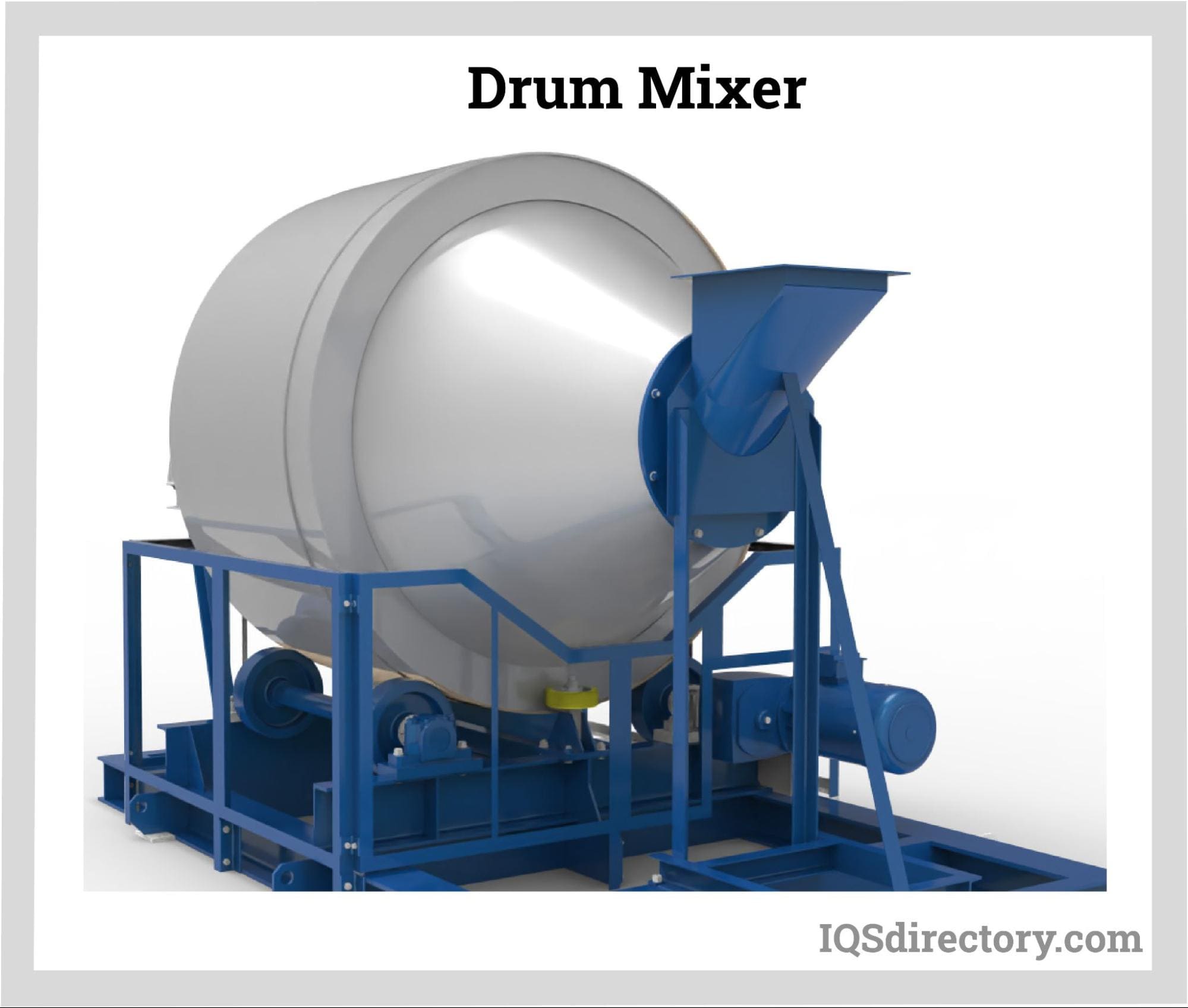

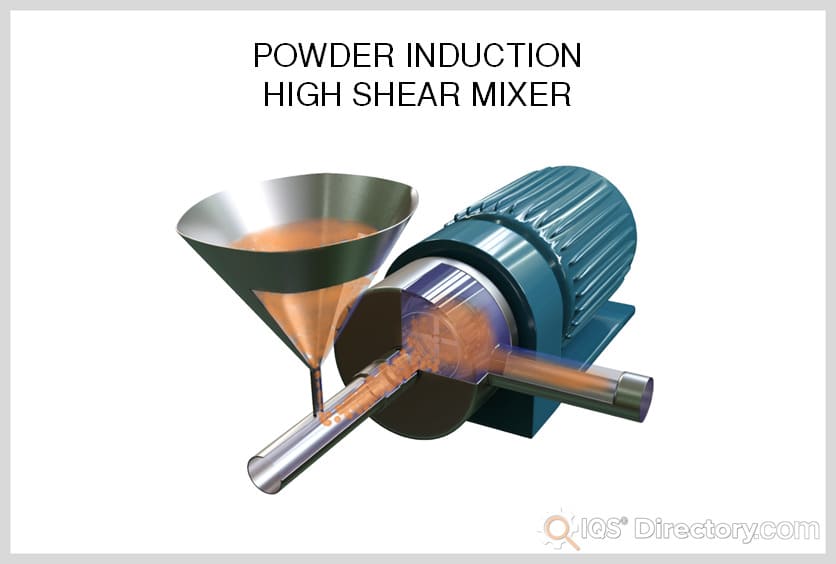
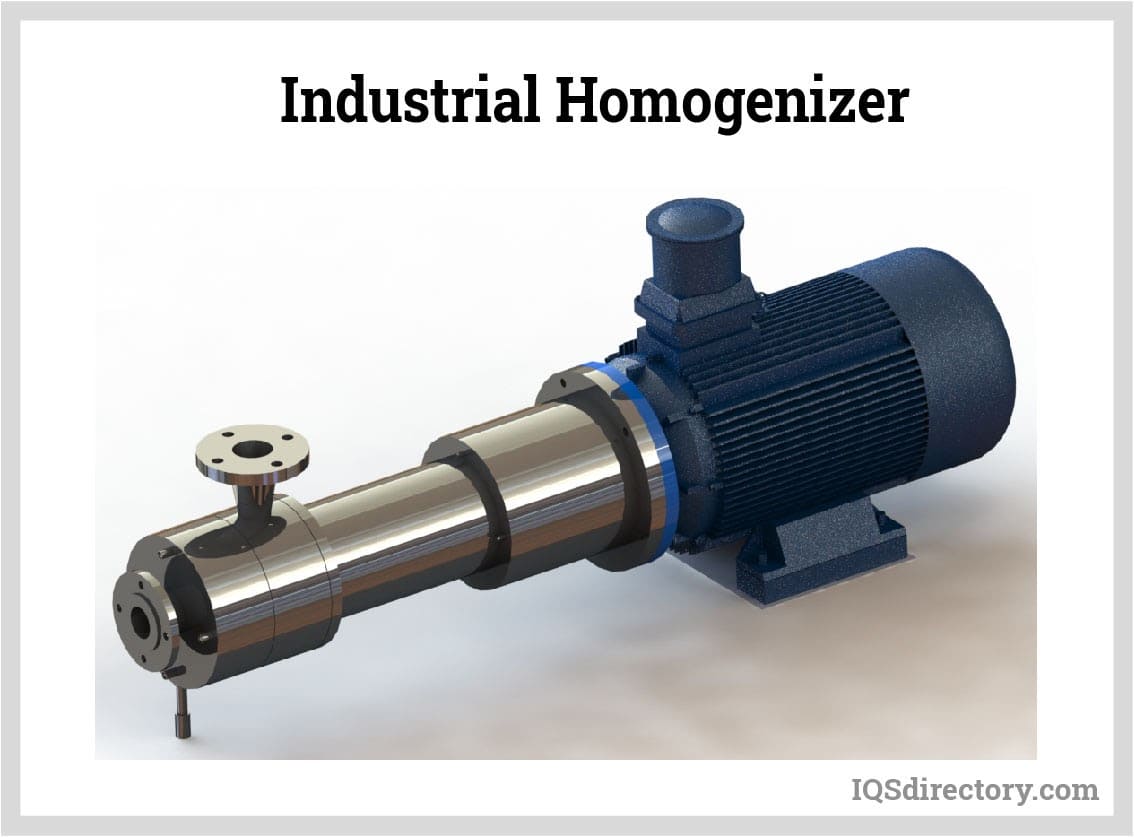
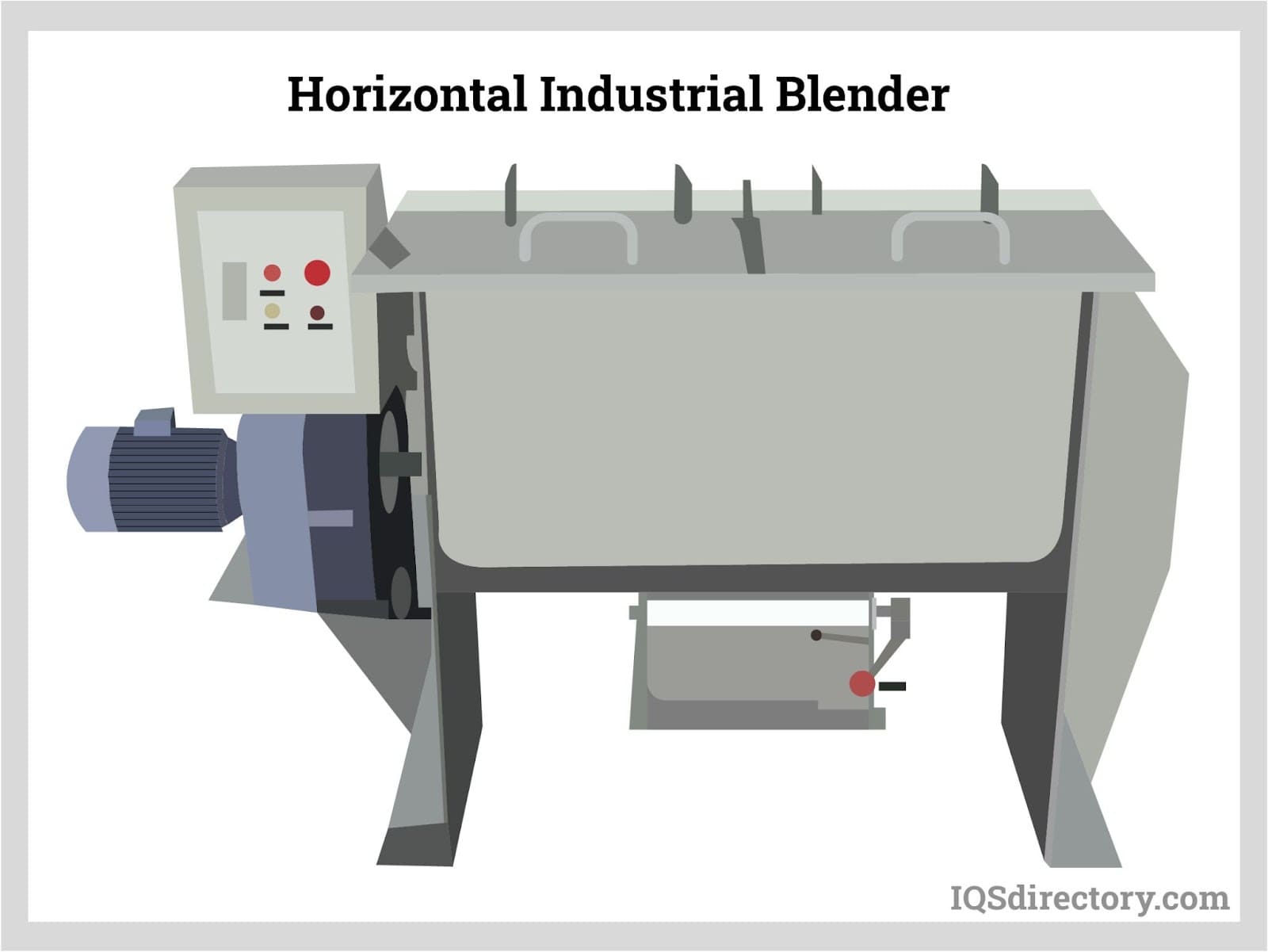
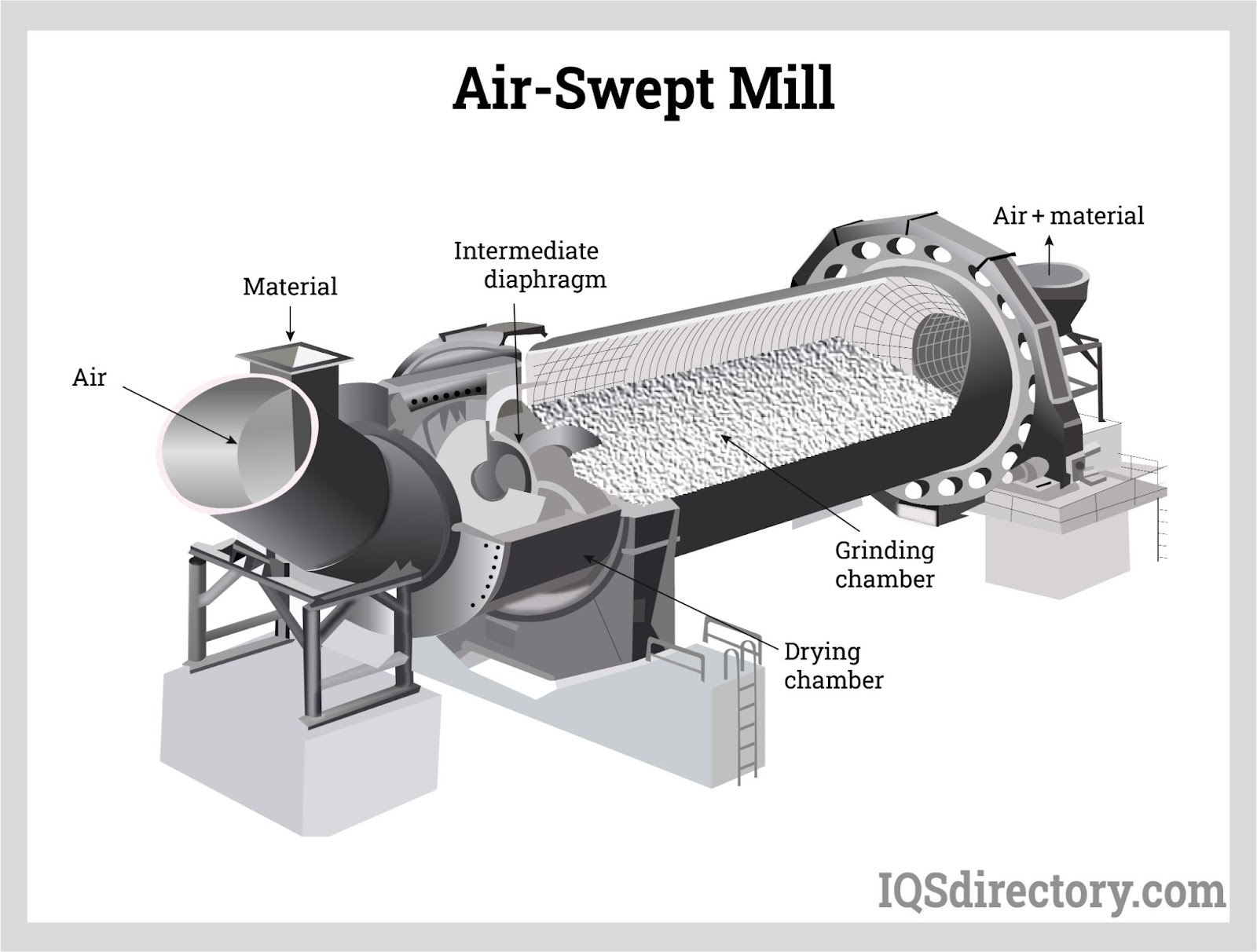
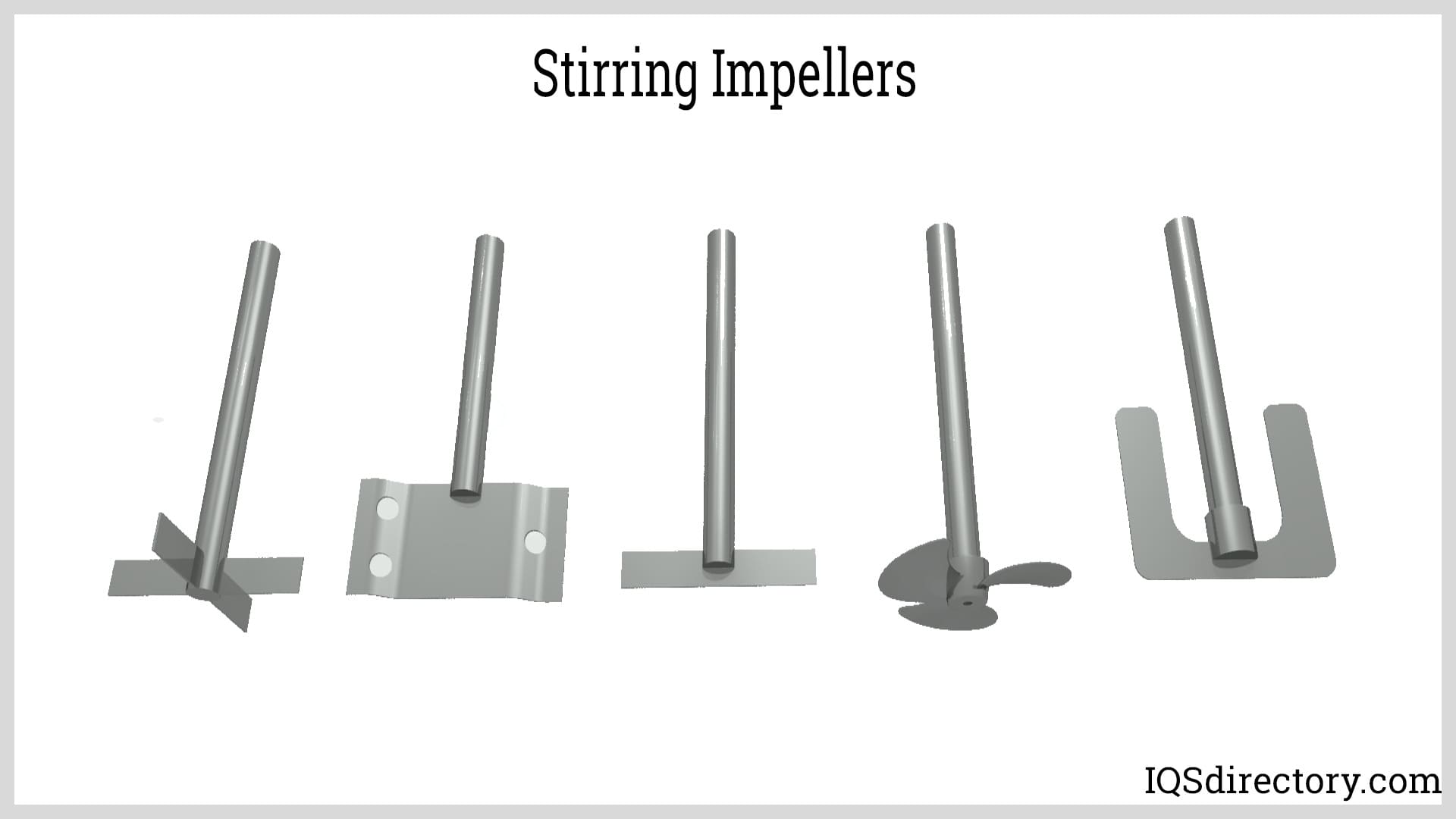
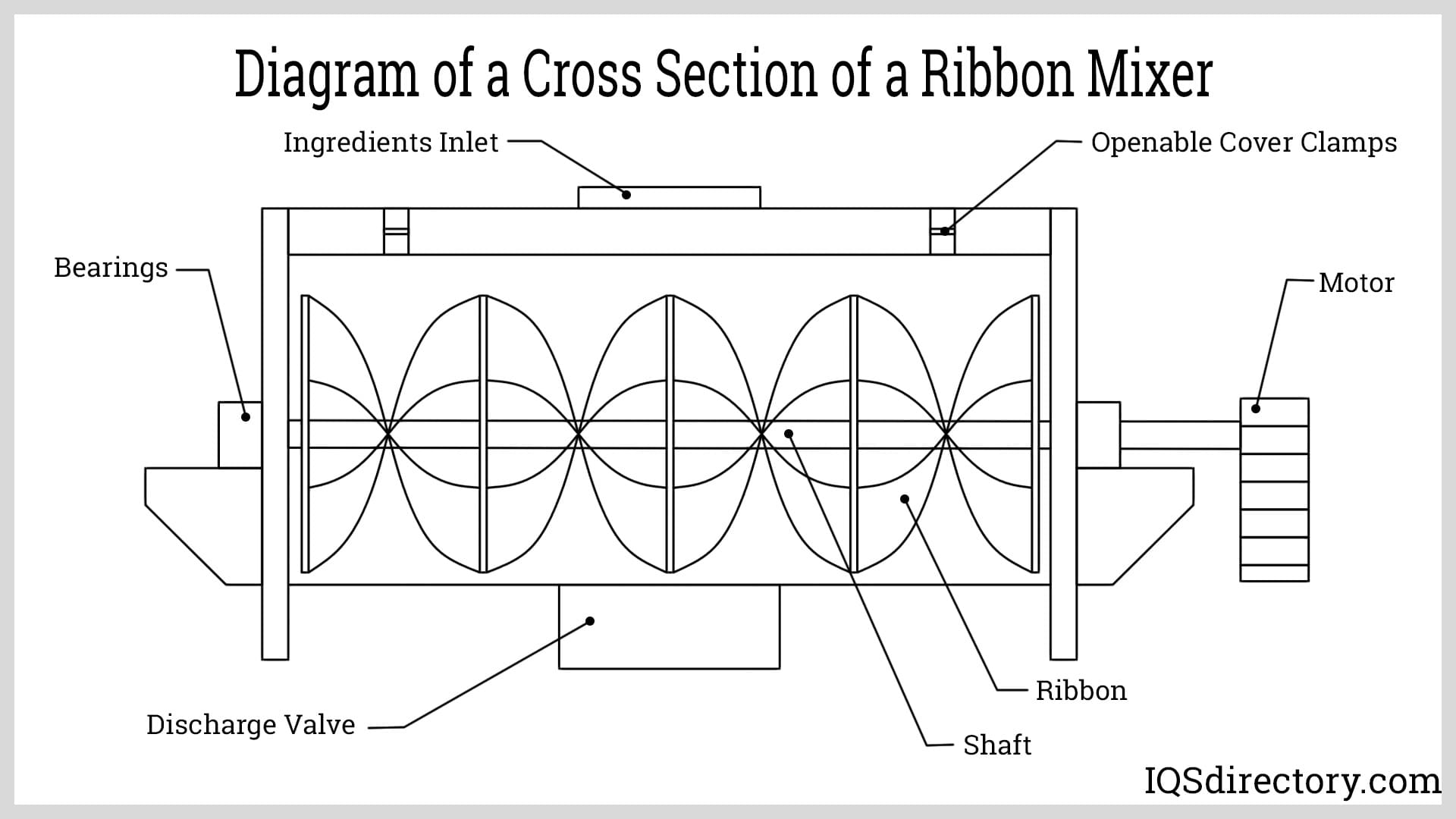
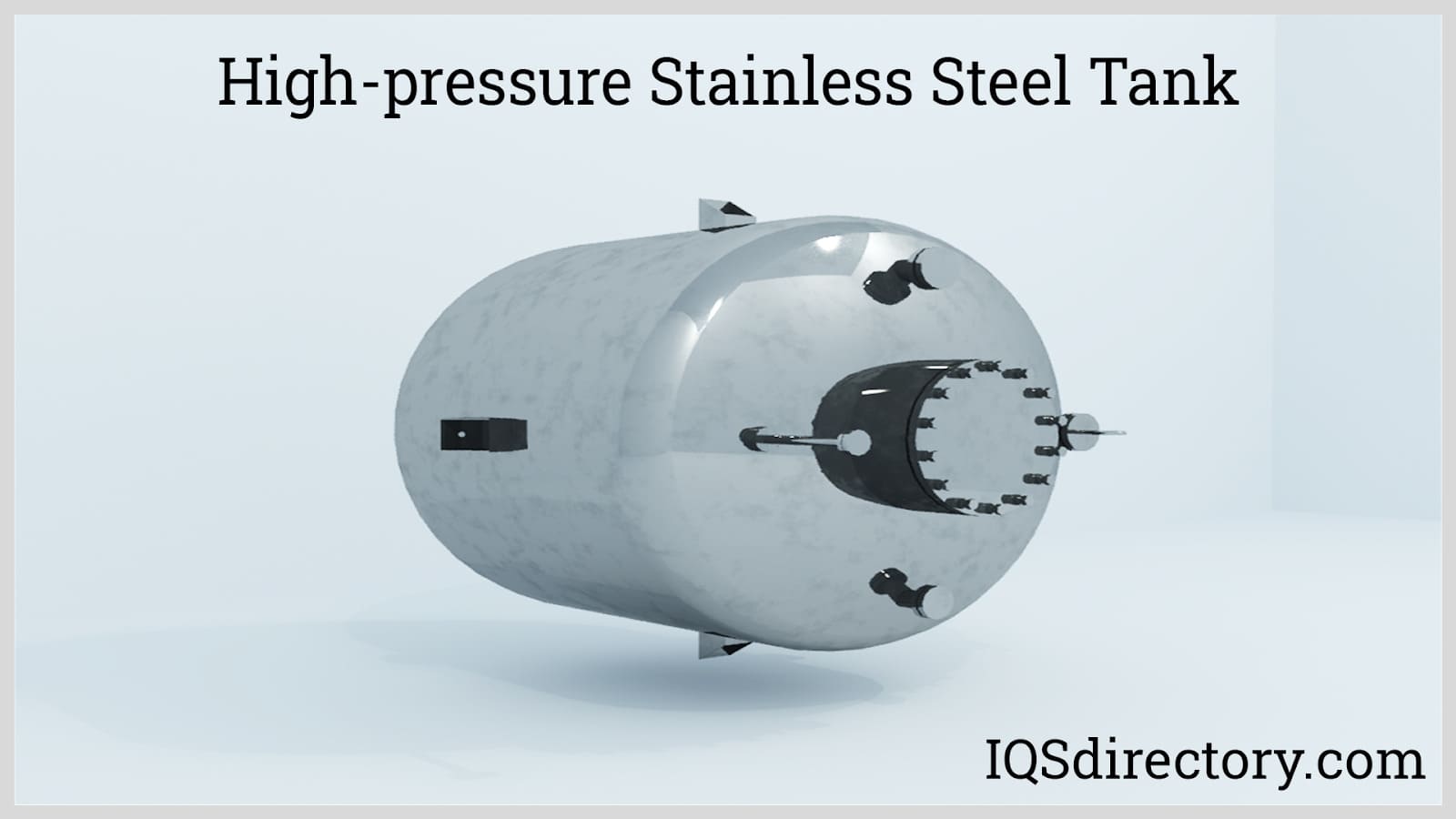
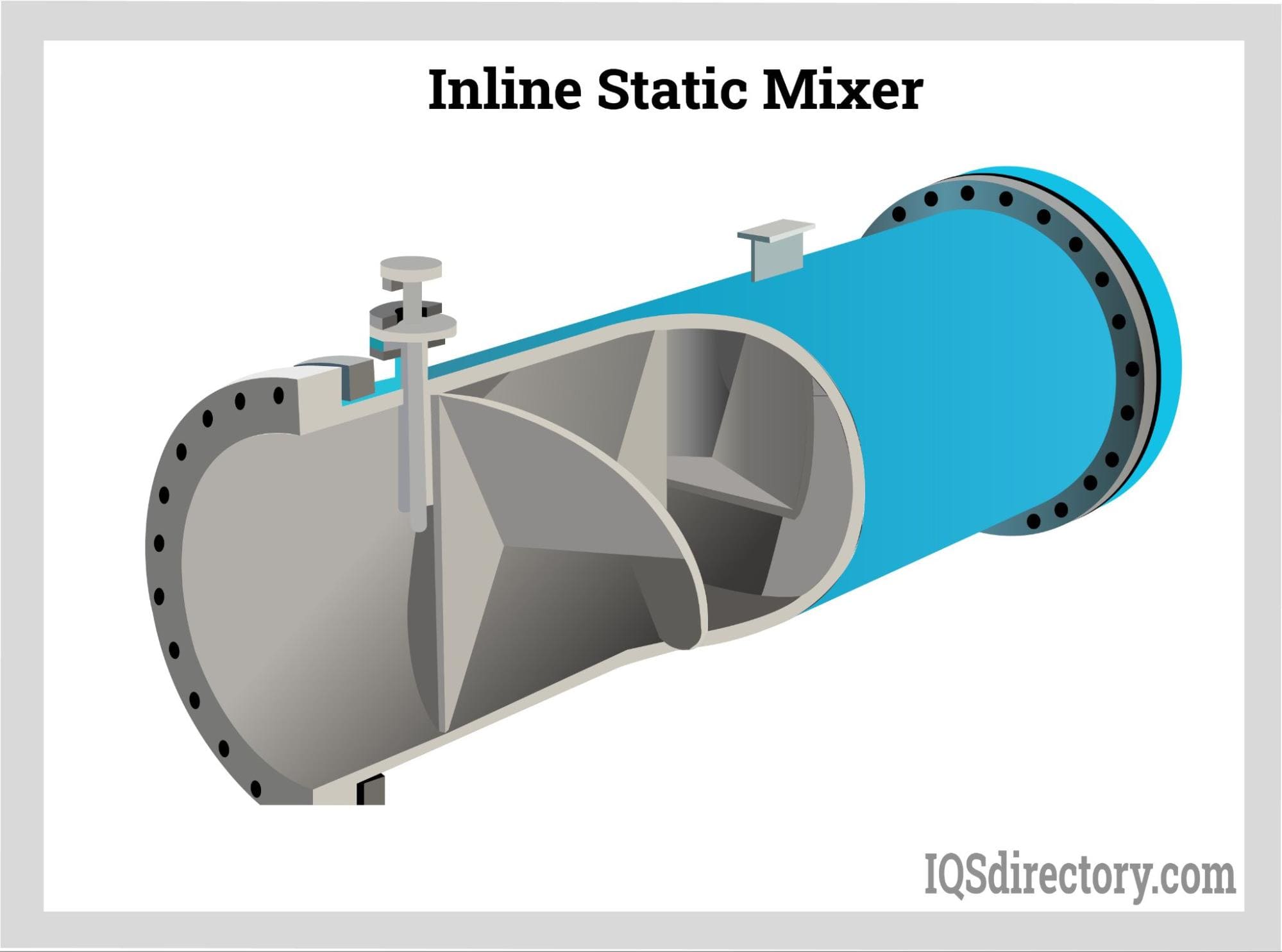
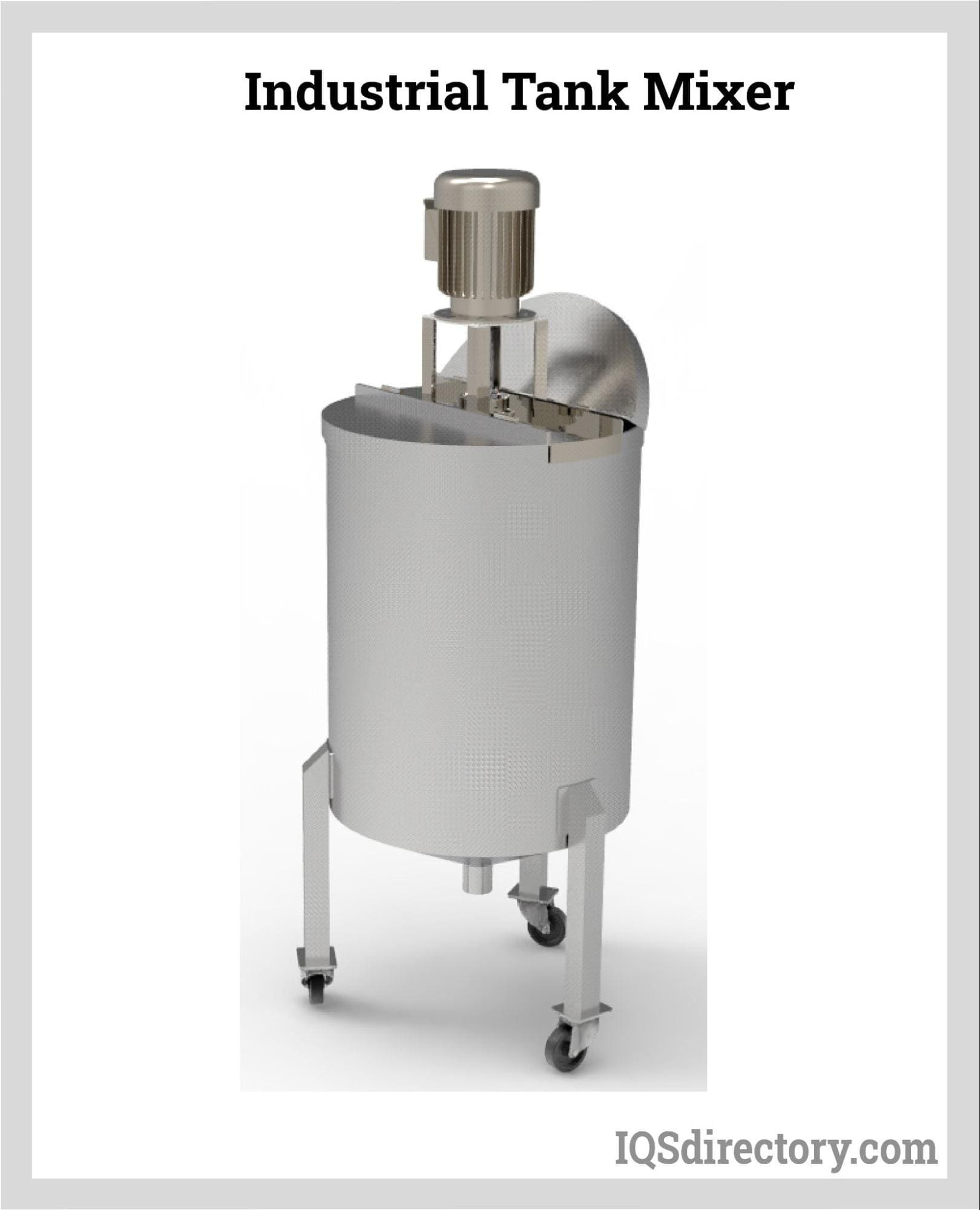
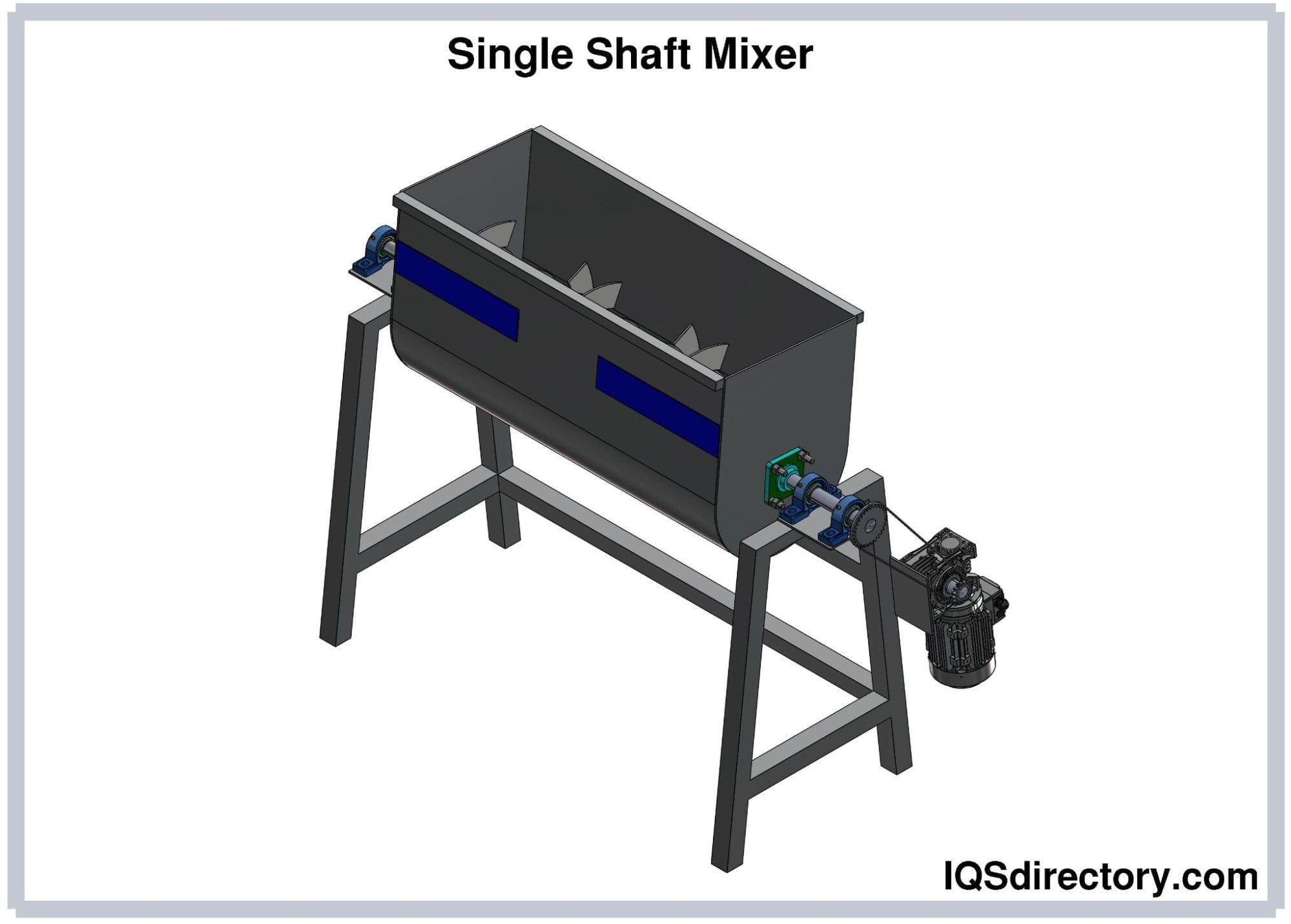
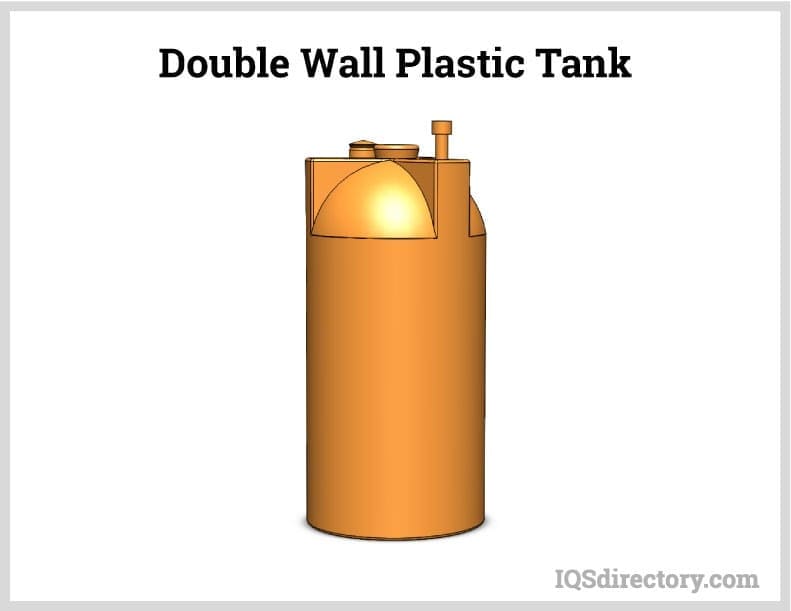
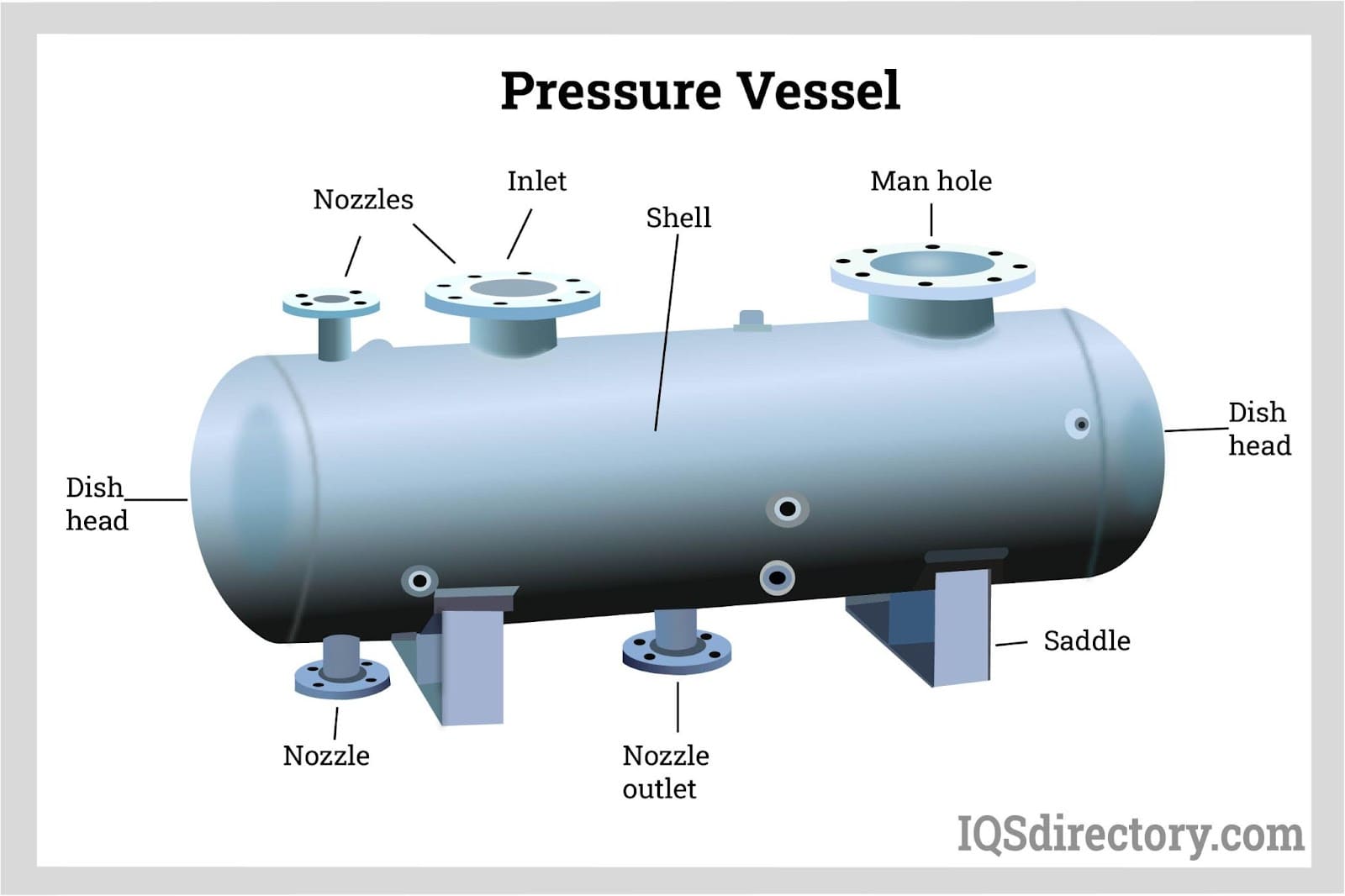
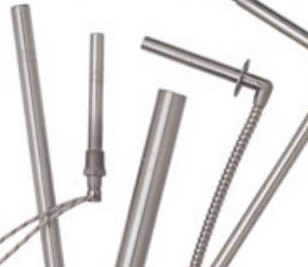 Electric Heaters
Electric Heaters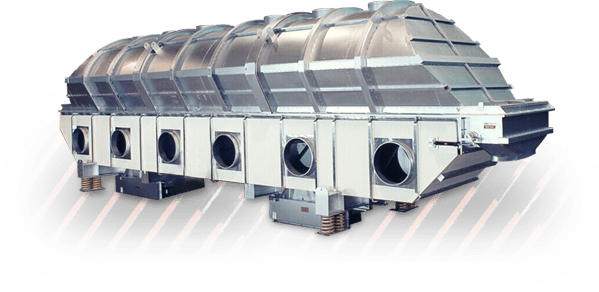 Industrial Dryers
Industrial Dryers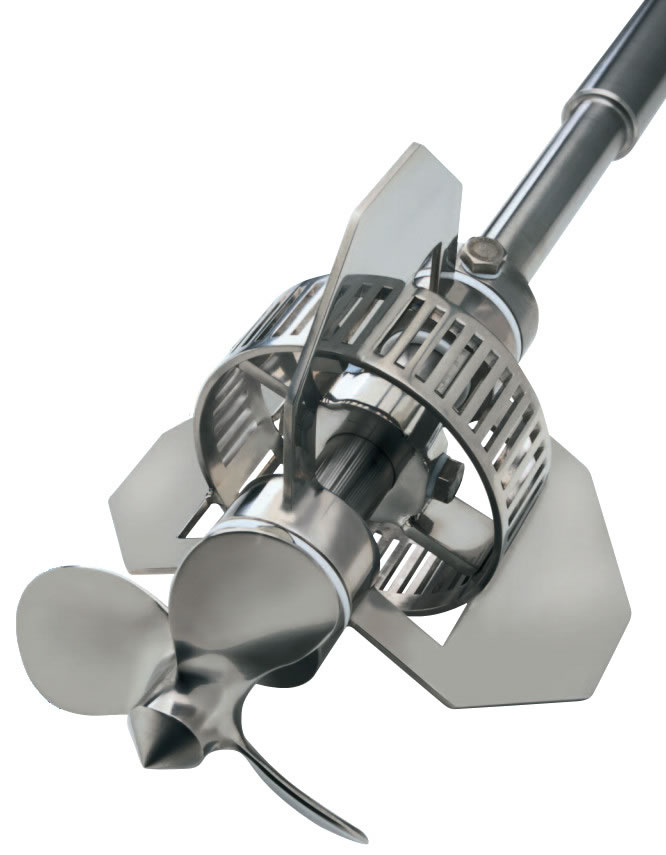 Industrial Mixers
Industrial Mixers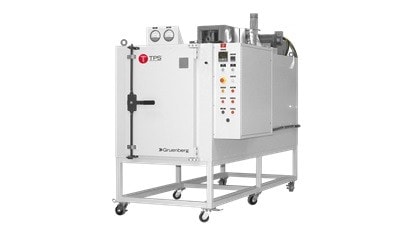 Industrial Ovens
Industrial Ovens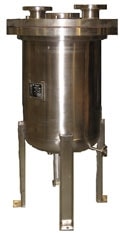 Pressure Vessels
Pressure Vessels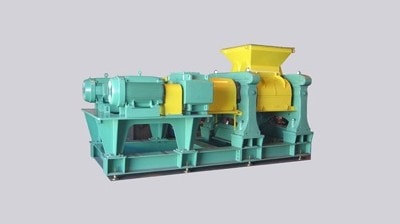 Pulverizers
Pulverizers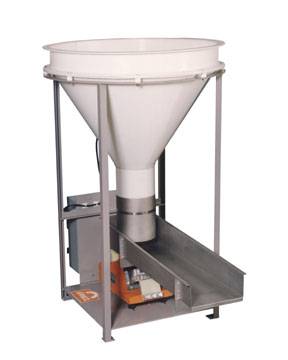 Vibratory Feeders
Vibratory Feeders Castings & Forgings
Castings & Forgings Bulk Material Handling
Bulk Material Handling Electrical & Electronic Components
Electrical & Electronic Components Flow Instrumentation
Flow Instrumentation Hardware
Hardware Material Handling Equipment
Material Handling Equipment Metal Cutting Services
Metal Cutting Services Metal Forming Services
Metal Forming Services Metal Suppliers
Metal Suppliers Motion Control Products
Motion Control Products Plant & Facility Equipment
Plant & Facility Equipment Plant & Facility Supplies
Plant & Facility Supplies Plastic Molding Processes
Plastic Molding Processes Pumps & Valves
Pumps & Valves Recycling Equipment
Recycling Equipment Rubber Products & Services
Rubber Products & Services